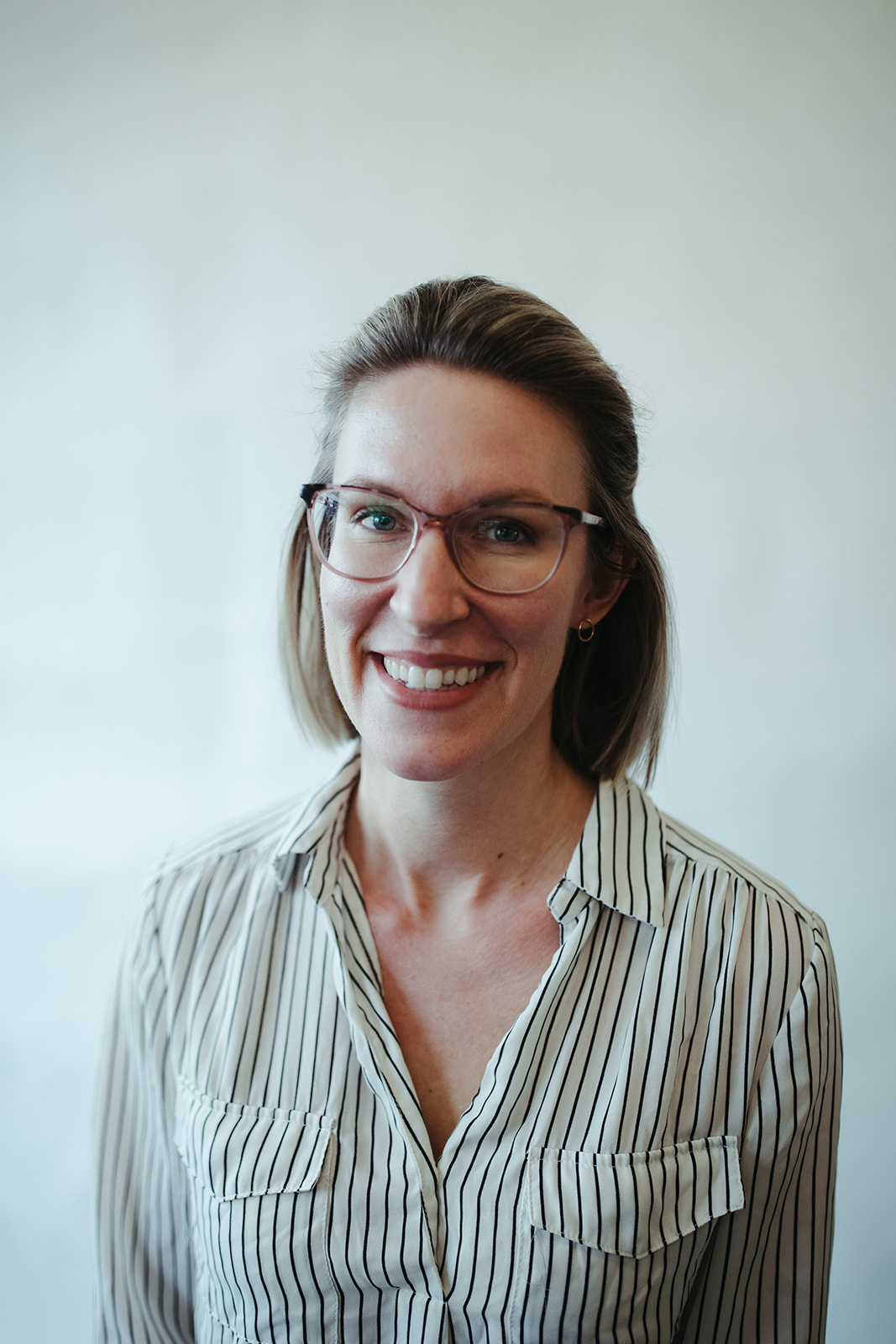 Evelyn Wu, a registered dietitian at BC Cancer – Surrey, provides nutrition counselling to patients who are experiencing issues with eating related to their cancer or cancer treatment. She helps patients find solutions to manage the side effects of treatment and surgery considering factors, such as their ability to swallow and fatigue, that impact shopping, cooking and eating during and in anticipation of treatment. She tailors her recommendations to accommodate routines, beliefs and food preferences, taking into consideration medications, pre-existing conditions, personal health and treatment goals, to customize plans that will address patients' unique needs.
Evelyn Wu, a registered dietitian at BC Cancer – Surrey, provides nutrition counselling to patients who are experiencing issues with eating related to their cancer or cancer treatment. She helps patients find solutions to manage the side effects of treatment and surgery considering factors, such as their ability to swallow and fatigue, that impact shopping, cooking and eating during and in anticipation of treatment. She tailors her recommendations to accommodate routines, beliefs and food preferences, taking into consideration medications, pre-existing conditions, personal health and treatment goals, to customize plans that will address patients' unique needs.
Wu, currently the interim clinical coordinator of Oncology Nutrition at the Surrey centre, also teaches patients how to use their feeding tubes, helping them find the most suitable formula (commercial or homemade) to use. She and other dietitians with BC Cancer help patients who have completed treatment plan how they will return to work while managing their new normal of living with persistent side effects of treatment. They also provide nutrition guidance to families caring for loved ones at the end of life.
"The best part of my job is the satisfaction of being able to make a difference in someone's life, helping improve their quality of life," says Wu.
This month, she's one of the dietitians with BC Cancer being recognized for the vital role she plays in meeting the particular needs of cancer patients during National Nutrition Month, and Dietitian Day, March 20.
In addition to the direct patient care she provides, Wu works on two Knowledge Translation Challenge teams. One team is designing a decision aid to meet the information needs of patients who are recommended feeding tubes, and the other team is focused on incorporating hand grip strength measures to improve nutrition assessment and the quality-of-care dietitians provide.
 Eleah Stringer, a registered dietitian at BC Cancer – Victoria, also works on knowledge translation. In a new and unique role as health professional-investigator within the Nursing and Allied Health Research and Knowledge Translation Department of BC Cancer Research, Stringer works with patients and tackles complex topics in the field of nutrition. She delivers presentations to support groups, works with multidisciplinary teams and conducts research.
Eleah Stringer, a registered dietitian at BC Cancer – Victoria, also works on knowledge translation. In a new and unique role as health professional-investigator within the Nursing and Allied Health Research and Knowledge Translation Department of BC Cancer Research, Stringer works with patients and tackles complex topics in the field of nutrition. She delivers presentations to support groups, works with multidisciplinary teams and conducts research.
"Answering commonly asked patient questions through research is empowering to everyone – the patient, clinicians, as well as research participants," she says. "There's such value to clinicians being involved in research as they're in tune with clinical practice and the current demands and stresses of the health-care system and can design research questions and methodologies that are not only sensitive, but responsive to its people and environment."
Stringer previously helped develop and test nutrition classes for men with prostate cancer that were picked up by the Prostate Cancer Supportive Care Program and expanded across the province. She's currently exploring the effect of intermittent fasting in cancer.
"While I'm generally skeptical of fad diets, when I looked into the physiological adaptations that occur when intermittent fasting, I could see the theoretical applications in cancer," she says.
As research is all about collaboration, Stringer encourages anyone who is interested in nutrition research to connect with her.
Wu and her dietitian colleagues are always looking at how they can better meet the diverse information needs of cancer patients and make this information clear, practical and accessible. They recognize the growing number of cancer survivors as a group that needs more support.
"They may need very specialized nutrition support as they cope with lingering dry mouth and taste changes, loss of teeth, long-term feeding tube need, muscle loss," she says. "One of BC's 10-year Cancer Action Plan goals is to improve cancer survival, cure rates and quality of life. I believe providing nutrition support to all our patients throughout their cancer journey is a key part of this goal. We want cancer patients not just to survive their cancer but to thrive."

